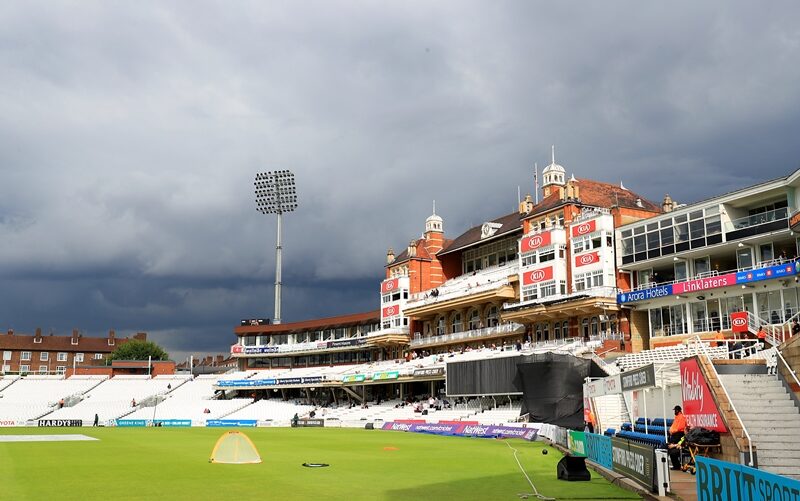It seems barely a year can go by when there isn’t some new format of the game proposed, or someone doesn’t try and shake up and “modernise” an existing format. Leaving arguments as to whether there is actually a need, an appetite, or even the space for a new variant of the game to one side, what is The Hundred? Read on to find out.
There are a lot of people who need this to succeed. The ECB more than anyone, and you can bet your bottom dollar they will be putting all of their marketing might behind the venture. BBC and Sky will be fully behind it, as will Oddschecker and online bookies with promotions and offers tailored around the new competition.
The thing that the competition does have going for it is the fact that the TV companies have got behind it – to the tune of £1.1 billion – but also that the competition will see live cricket on the BBC for the first time this century.
The Hundred Teams
The Hundred – the brainchild of the ECB – takes elements from not just the Twenty20, but more specifically the IPL. It then throws some quite revolutionary ideas into the mix, including the brave decision to get rid of the tried and tested six ball over, and decimalising it to create ten ball overs. The other main change for the game in England and Wales is the move away from the traditional county teams. Though geographically they are similar, they tend to concentrate more on cities. This breaking up of the old style teams does allow perhaps the biggest incentive or pulling power of the new format – the inclusion of some of the best players in the world, who currently do not ply their trade over here.
Like the IPL, the players were chosen via a draft system. Each team sports a men’s and women’s squad.
The eight teams line up like this:
Birmingham Phoenix
London Spirit
Manchester Originals
Northern Superchargers
Oval Invincibles
Southern Brave
Trent Rockets
Welsh Fire
Games will be held at 19 venues across England and Wales. Full details of the teams can be found here.
The Hundred Rules
Lasting around two and a half hours, each match is made up of two innings, each one with a hundred balls. The fielding side changes ends every ten balls, but bowlers can bowl either (at the captain’s discretion) five or 10 balls, up to a maximum of 20 per innings. The side with the most runs wins at the end of the match. There are a couple of other elements to the game taken from other sports; for instance, there will be time outs with coaches able to enter the field of play to discuss tactics.
It will be interesting to see how the game is received, and whether it has the global impact the Twenty20 has had. Games start in July, running throughout July and August. Watch this space.












